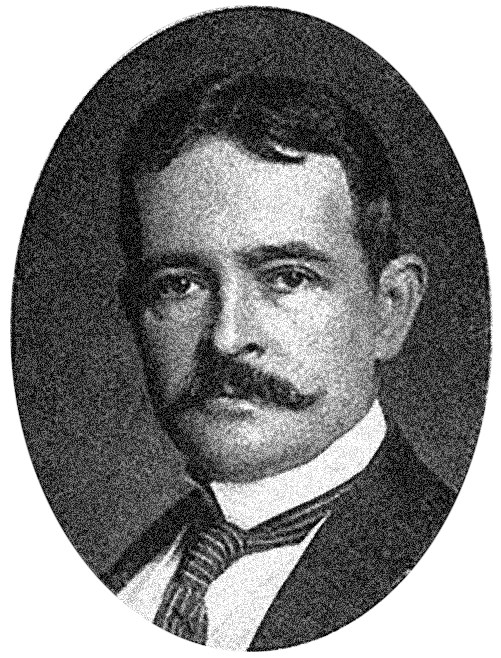Dear Abbe: My senior resident is struggling – what should I do?

EDITOR'S NOTE: "Dear Abbe" – named in honor of plastic surgery pioneer Robert Abbe, MD – provides plastic surgery residents an opportunity to anonymously share concerns and seek advice from a highly respected, senior-level faculty member. Christian Vercler, MD, a clinical associate professor in the Section of Plastic Surgery at the University of Michigan – where he also serves as co-chief of the Clinical Ethics Service of the Center for Bioethics and Social Sciences – steps into Dr. Abbe's shoes for this installment. The views expressed in this column are those of the author and should not be considered legal advice. Residents and Fellows are encouraged to submit questions to DearAbbe@PlasticSurgery.org. Names will be withheld.
Dear Abbe:
I'm on service with a senior resident who seems to be struggling quite a bit with leading the team, as well as keeping up with the clinical and surgical obligations of the service. As a junior resident, how do I approach this situation – and how do I support my senior while still making sure that patients are being appropriately cared for?
– Junior Uncertainty
Dear Uncertainty:
Although many of us like to think of ourselves as eagles flying solo, high among the mountains, surgery is actually a team sport. As former University of Michigan football coach Bo Schembechler taught us, "No [person] is more important than the team." If one hadn't played a lot of team sports growing up, residency may be the first time they've worked on a team; particularly with such an important focus: the care of surgical patients.
There's a lot of pressure on the leader and there can be no more of a demoralizing situation than when the team leader fails. Nevertheless, leadership doesn't need to come from the top down – and the success of a good team doesn't need to depend on just one person. "Managing up," or working effectively with the people above you in the hierarchy to help them achieve your collective goals, is an incredibly important skill to develop. As co-residents, you all have the same goals: take care of the patients and learn to be safe, competent surgeons. The roles on the team – while generally dictated by the hierarchy – are often fluid in practice. Who hasn't received a "field promotion" as a junior when the chief resident is out with COVID or on vacation? Likewise, all of us have had to perform the intern's duties when he or she is off. Don't hesitate to take on more responsibility to ensure that patients are being appropriately taken care of. One of the tenets of effectively "managing up" is presenting solutions to the problem that you identify. This increases the team's effectiveness and builds loyalty and trust between you and your senior.
Supporting your senior while making sure that patients receive appropriate care is laudable. Avoid the temptation to throw your senior resident under the bus for their failures. No one wins in that situation. Knowing how to support a struggling senior resident requires a nuanced approach and should be tailored according to the ongoing personal relationship between the two of you. Some seniors may respond well to direct questions such as, "Is everything OK? Do you think the service has been running well? What can I do to support you?" These sorts of non-judgmental questions allow your senior to reflect on the situation, hopefully without feeling attacked. They also allow you to assess whether your senior has any insight into the situation. You might also want to talk to your co-residents – if you can do that in a way that isn't gossipy – or to your administrative chief resident. After all, you're all on the same team. They might be able to provide insight into the situation and may be able to mobilize support.
However, if you think your senior has a drug or alcohol problem, you are mandated to report that. You should talk to your program director about those concerns.
I hope this helps. Good luck!